Nvidia CEO Jensen Huang expressed concerns about the company's situation, stating that it has been pushed into a no-win situation by mounting fears of an AI bubble. This sentiment was revealed in an internal all-hands meeting, which was reviewed by Business Insider.
The meeting took place just hours after Nvidia reported another set of record earnings, with the company boasting visibility into half a trillion dollars of revenue lined up for the rest of 2025 and 2026. Despite this impressive performance, Nvidia's shares briefly rose before turning lower, dragging down the broader AI trade by the end of the session. The company's stock price has been under pressure in recent weeks, with investors increasingly concerned about the potential for an AI bubble.
Nvidia's quarterly earnings report revealed a significant increase in revenue, with the company posting $8.3 billion in sales for the quarter, a 34% year-over-year growth. The company's gross margin also expanded to 68.1%, up from 64.5% in the same period last year. These numbers are a testament to Nvidia's dominance in the AI and gaming markets, but they have not been enough to alleviate investor concerns.
The market's reaction to Nvidia's earnings report is a reflection of the growing unease about the AI bubble. Investors are now seeing danger in both directions, with concerns about the potential for a sharp decline in AI-related stocks if the bubble bursts. This has created a challenging environment for companies like Nvidia, which are heavily invested in the AI space.
Nvidia has been at the forefront of the AI revolution, with its graphics processing units (GPUs) and data center platforms playing a crucial role in the development of AI applications. The company's success has been driven by its strong relationships with major cloud providers, such as Amazon Web Services and Microsoft Azure, which have fueled the growth of the AI market.
Despite the challenges posed by the AI bubble, Nvidia remains well-positioned to continue its growth trajectory. The company's diversified product portfolio, which includes gaming, data center, and automotive segments, provides a solid foundation for future success. Additionally, Nvidia's strong balance sheet, with over $20 billion in cash and equivalents, gives the company the flexibility to invest in new technologies and pursue strategic acquisitions.
As the AI bubble continues to dominate market conversations, Nvidia's situation remains a closely watched development. The company's ability to navigate this challenging environment will be crucial in determining its future success. With its strong track record and diversified business model, Nvidia is well-equipped to weather the storm, but the road ahead will be fraught with uncertainty.
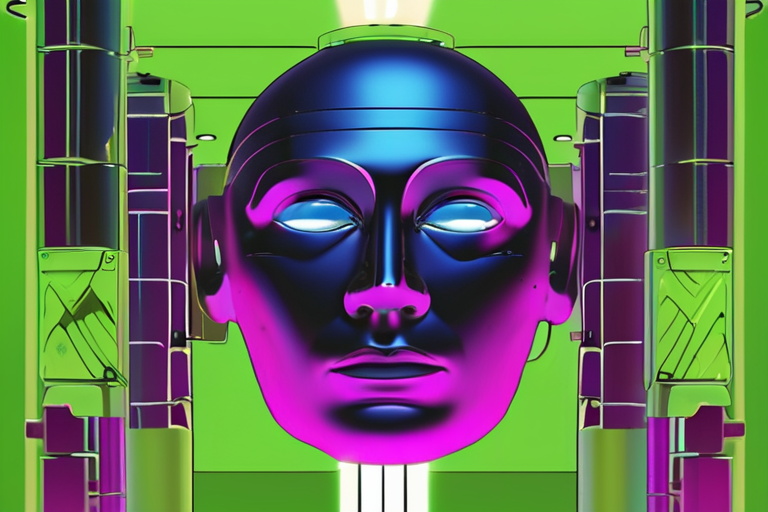




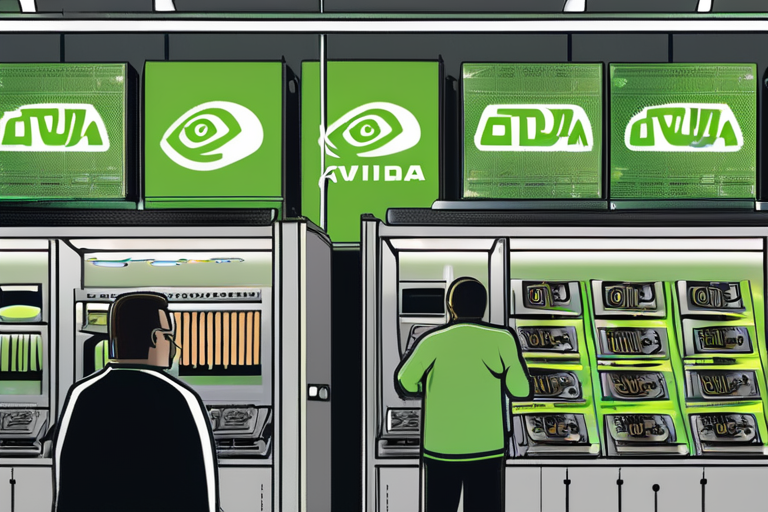




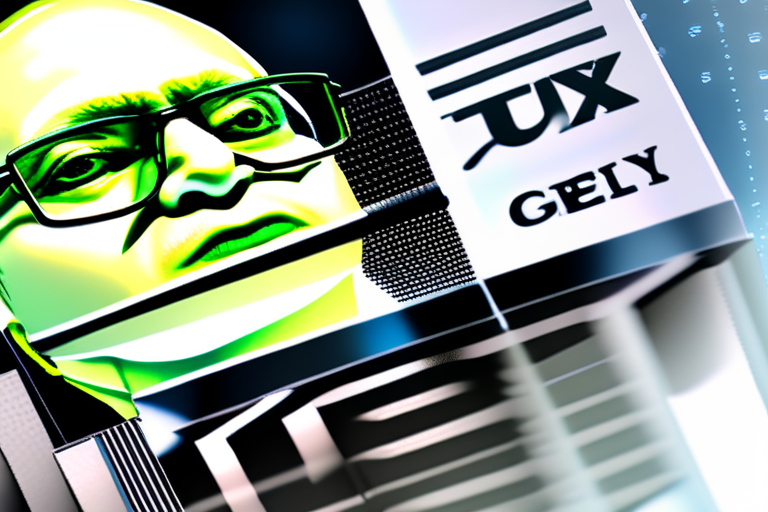
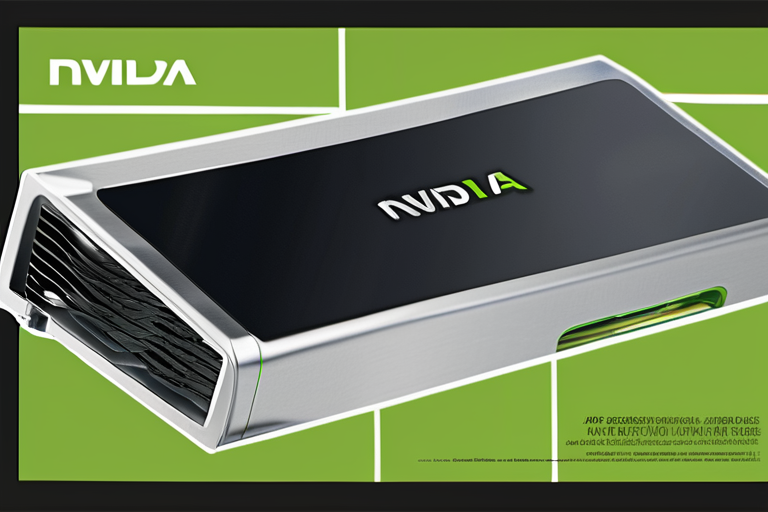
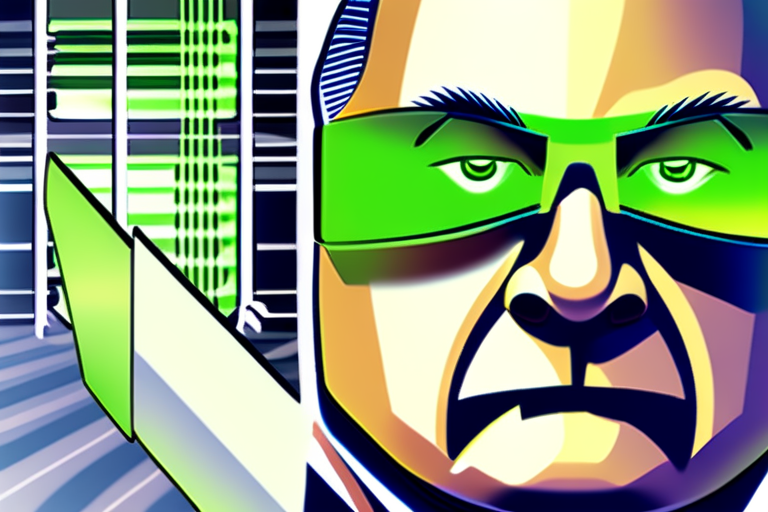

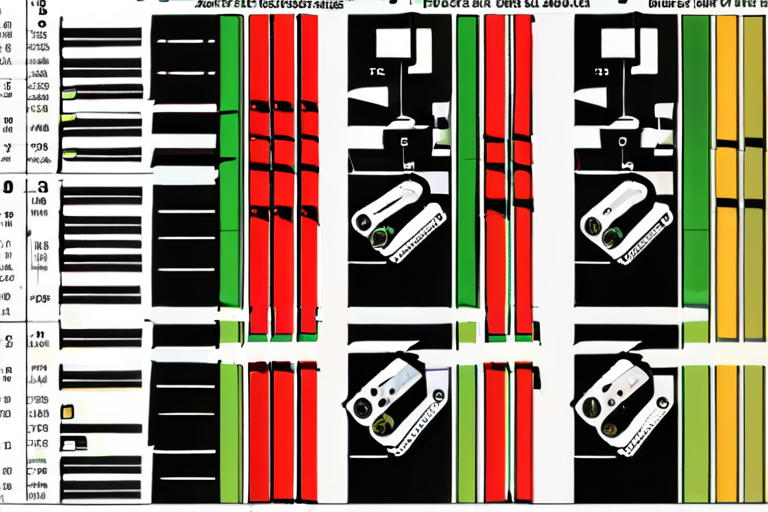
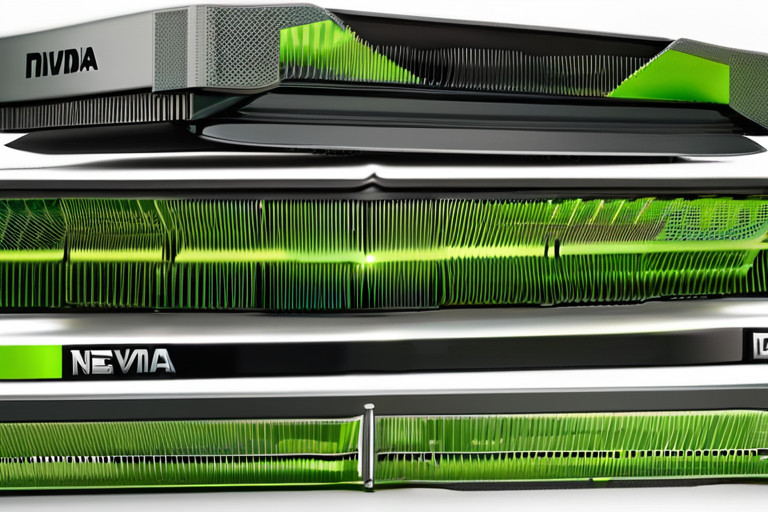

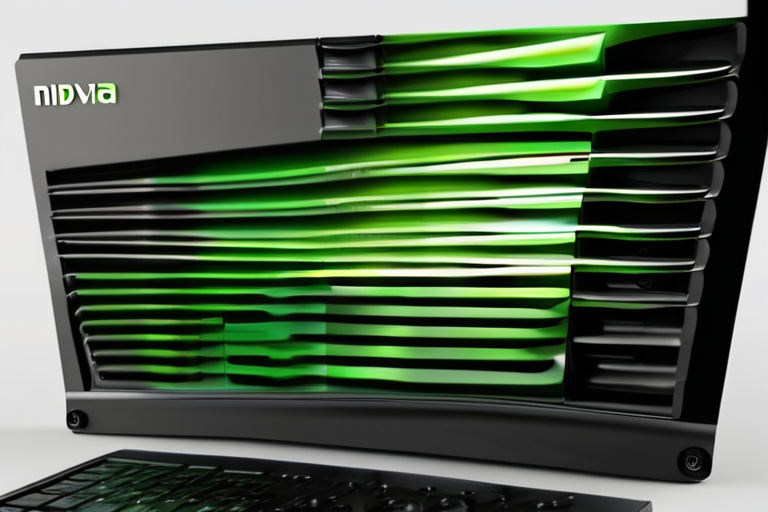
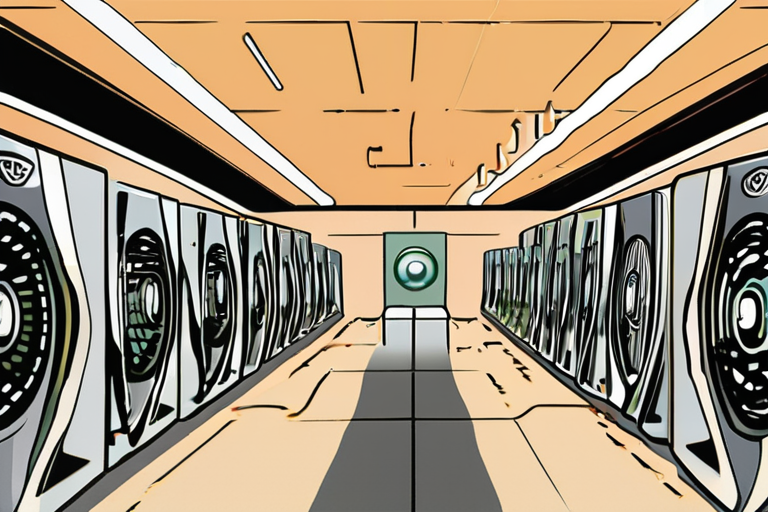
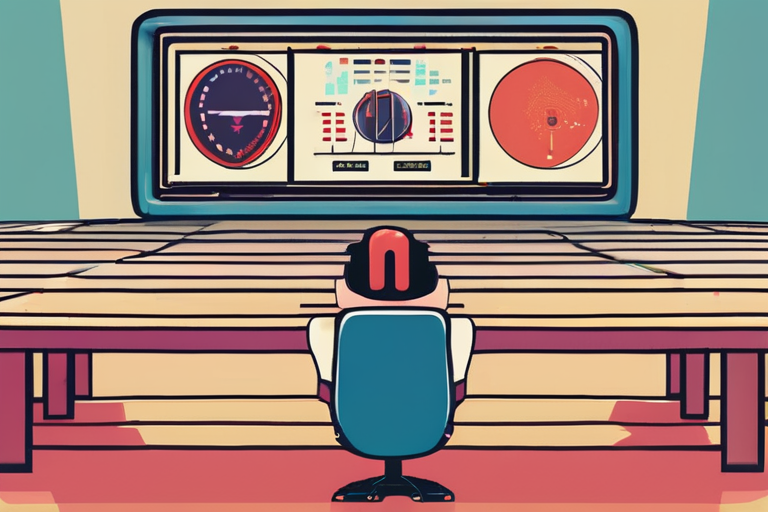
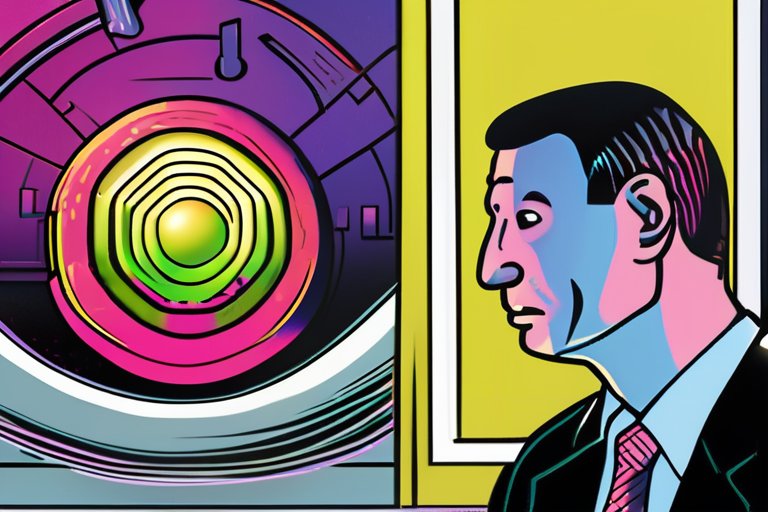

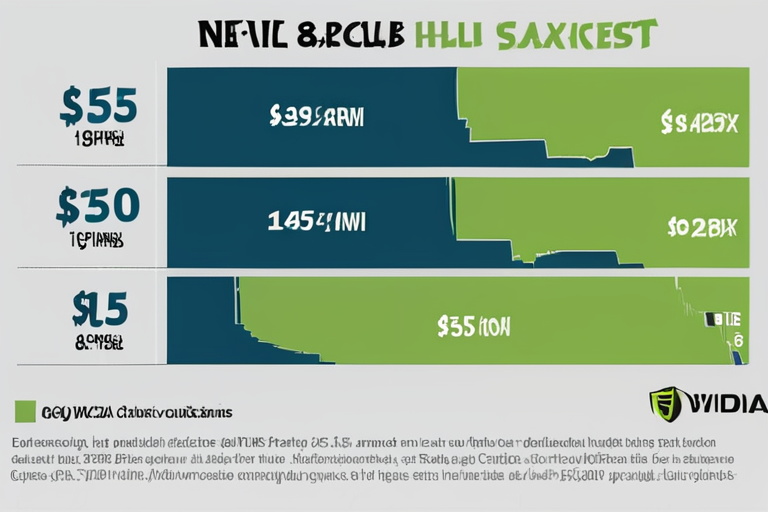


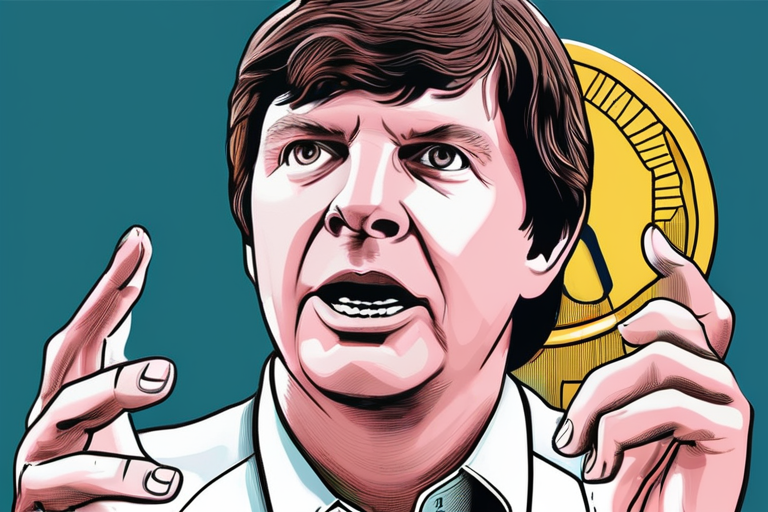
Share & Engage Share
Share this article